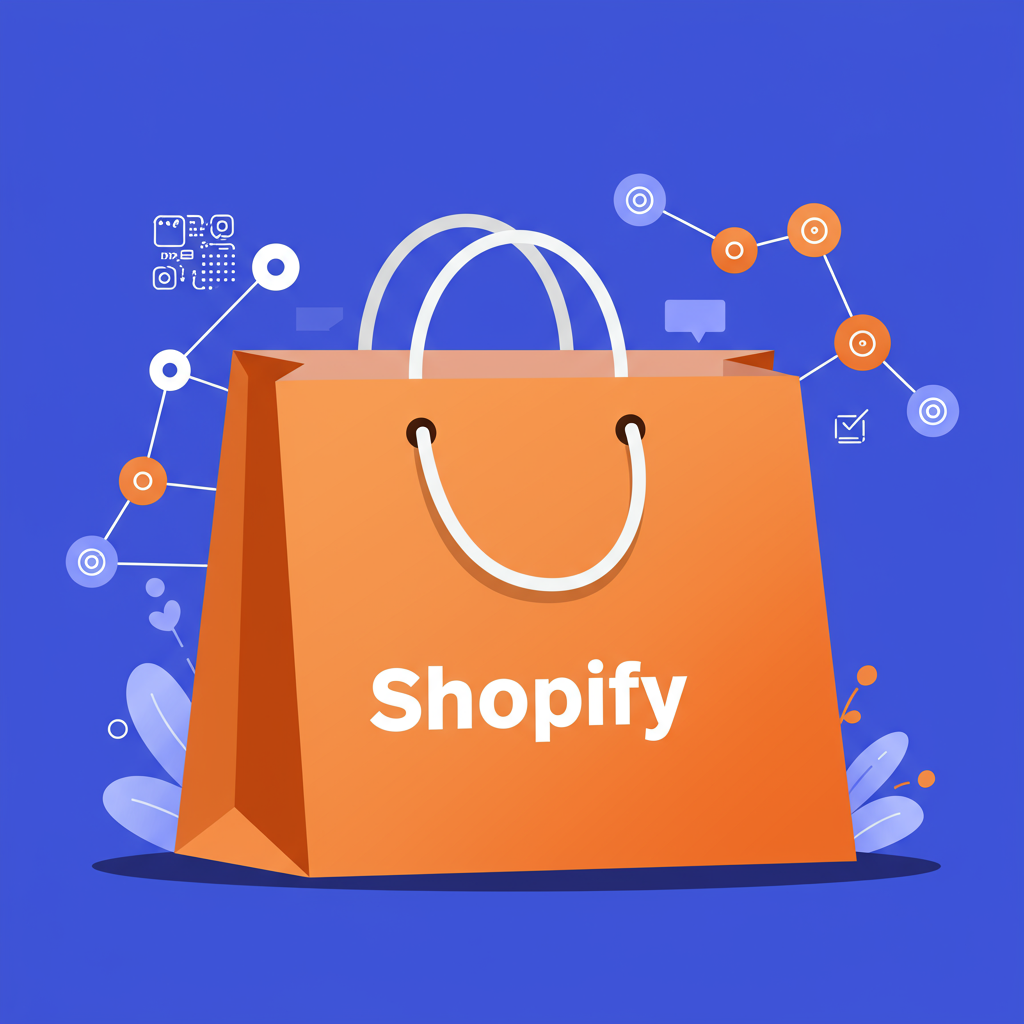Discover how decentralized autonomous organizations can revolutionize your Shopify store, fostering community ownership and innovation.
As a merchant navigating the ever-evolving landscape of e-commerce, I’m constantly looking for new ways to connect with my customers, build stronger brands, and innovate. Lately, my attention has been captivated by a powerful concept emerging from the world of Web3: Decentralized Autonomous Organizations, or DAOs.
You might be thinking, ‘DAOs? What do they have to do with my Shopify store?’ And that’s a fair question. For a long time, e-commerce has been a largely centralized endeavor, with brands making decisions and customers consuming products.
But what if we could flip that script? What if your most loyal customers weren’t just buyers, but active participants in shaping your brand’s future? This is where the magic of DAOs comes into play, offering a path to truly collaborative commerce.
So, let’s start with the basics: What exactly is a DAO? In simple terms, a DAO is an organization that is governed by its members, not by a central authority. Decisions are made through proposals and voting, often facilitated by blockchain technology and smart contracts.
Think of it as a community-owned and operated business. Its rules are transparent and immutable, encoded in code, and its treasury is managed collectively. This structure fosters incredible transparency, trust, and a sense of shared ownership among participants.
Now, why should a Shopify merchant like you or me care about this? The answer lies in the immense potential for building unprecedented brand loyalty, fostering innovation, and creating a truly engaged customer base.
Firstly, DAOs enable genuine community ownership. Imagine your customers having a direct say in product development, marketing strategies, or even how a portion of profits are used. This isn’t just feedback; it’s active participation and investment.
Secondly, they bring unparalleled transparency. Every decision, every transaction within the DAO’s treasury, is recorded on a public blockchain. This builds immense trust, as members can verify everything themselves, eliminating the need for intermediaries.
Thirdly, DAOs allow for shared risk and reward. If your community helps fund a new product line or a marketing campaign, they can also share in the success. This aligns incentives in a powerful way, turning customers into true stakeholders.
Now, the big question: How does Shopify, a centralized platform, integrate with this decentralized vision? It’s not about replacing Shopify, but rather augmenting it. Shopify remains your powerful storefront, your operational backbone.
The DAO acts as the governance layer, the community brain that guides the brand’s direction. It’s about building a bridge between the traditional e-commerce infrastructure and the innovative power of decentralized communities.
Let’s explore some practical applications. One exciting use case is community-led product development. Imagine launching a new product line where your DAO members vote on designs, features, or even the materials used.
For example, a fashion brand could propose several new t-shirt designs to its DAO. Members, perhaps holding a specific brand token or NFT, could then vote on which design goes into production. This ensures you’re building what your audience truly wants.
Another powerful application is decentralized marketing campaigns. Instead of relying solely on internal teams or agencies, your DAO members could propose and even execute marketing initiatives.
This could involve community members creating user-generated content, running referral programs, or even contributing to social media strategies, all incentivized and governed by the DAO.
Token-gated access and exclusive experiences are also a huge opportunity. You could use NFTs or specific tokens to grant DAO members access to exclusive Shopify collections, early product drops, or members-only events.
This creates a tiered loyalty program that goes far beyond traditional points systems, offering tangible, verifiable benefits and a sense of belonging to an exclusive club.
Furthermore, a DAO can manage a community treasury. Funds generated from sales or initial token offerings could be held in a multi-signature wallet controlled by DAO members, who then vote on how to allocate these funds.
This could be for reinvesting in product development, funding charitable initiatives, sponsoring community events, or even buying back tokens to benefit existing holders.
So, how do you, as a Shopify merchant, start exploring this? My advice is to begin small and iterate. First, define the purpose of your DAO. What decisions will your community govern? What value will they bring?
Next, choose your governance tools. Platforms like Snapshot allow for off-chain voting (meaning no gas fees for every vote), while Gnosis Safe can manage a multi-signature treasury. There are also platforms like Aragon or DAOstack for more complex structures.
Consider your tokenomics, if you decide to issue a token. Will it be a governance token, a utility token, or both? How will it be distributed? This requires careful planning and often legal consultation.
Finally, integrate with Shopify. This might involve using existing Shopify apps that connect to Web3 wallets for token-gating, or custom development to display NFTs or integrate with blockchain-based loyalty programs.
It’s important to acknowledge the challenges. The technical complexity can be daunting for newcomers, and the legal landscape around DAOs is still evolving in many jurisdictions.
Maintaining community engagement is also crucial. A DAO is only as strong as its active members. You’ll need strategies to foster participation, manage proposals, and resolve disputes.
Despite these hurdles, I firmly believe that the potential for innovation, brand building, and genuine community connection that DAOs offer to Shopify merchants is immense.
We’re moving towards an era where brands are not just selling products, but building ecosystems. DAOs provide the framework for customers to become co-creators, co-owners, and co-beneficiaries.
What do you think about this approach? Do you see DAOs as the future of collaborative commerce for Shopify stores, or are there too many challenges to overcome?
I encourage every merchant to at least explore this space. Even if you start with a small, experimental DAO for a specific project, the lessons learned can be invaluable for the future of your brand.






